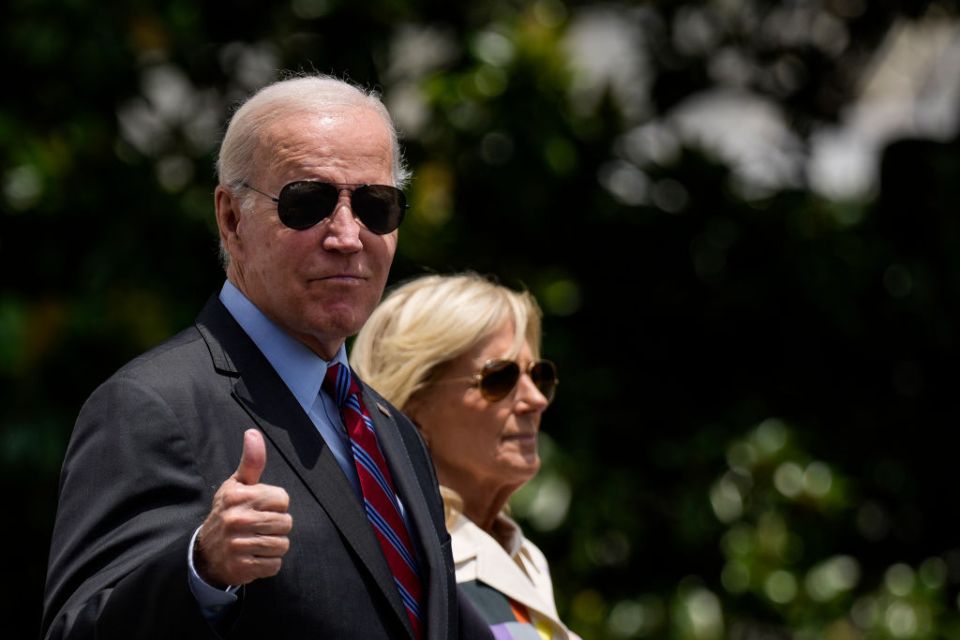No, Britain doesn’t need our own Inflation Reduction Act as long as we believe in trade

Joe Biden’s Inflation Reduction Act has been hailed as win for climate change, but it also signals a return of the “America first” mentality which shuns free trade, writes Ben Ramanuskas.
Does the UK need its own version of the United States’ Inflation Reduction Act? If you are US Climate Change Envoy John Kerry as well as numerous British politicians, businesses, and commentators the answer is a resounding yes.
Those in favour make a compelling argument. Since the IRA came into force the US has seen a massive increase in investment in green technologies with new factories being built and jobs created. What is more, the EU has followed Biden’s lead and so surely the UK risks being left behind if it does not also fall in line, not least of all because Britain has recently seen investment in environmentally friendly technologies begin to wane.
However, the government should be cautious about following the US and the EU. While subsidies for green technologies would be welcome and play an important role in helping the UK reach its Net Zero target, we need to be realistic. The size – not to mention the parlous state – of the UK economy means that any subsidies will be modest when compared to those on offer from the US and the EU. As such, it would be impossible for the UK to provide anything close to the support on offer from other nations and other economic blocs.
Even if it were possible, it would still not be the right thing to do. Although the IRA has brought benefits to the US it is something which should alarm the UK rather than be seen as something to be emulated. This is because the IRA is a symptom of the United States’ diminishing commitment to free trade and the international liberal rules based system. President Biden is an improvement over Donald Trump in practically every way apart from when it comes to international trade.
The fact that the ambition of a free trade agreement with the US has been abandoned by the Conservative government has been interpreted as a sign of the UK’s declining status or as an end to the “Special Relationship”. In reality, the Biden Administration is not interested in striking a trade deal with anyone, or in free trade generally. The implementation of the IRA is a signal to the world that the Biden Administration is every bit as committed to the “America First” approach of Donald Trump, even though it is marketed in a much more liberal way.
Although less obvious and less damaging than tariffs, huge subsidies and preferential treatment of domestic industries and certain nations still have negative economic consequences. Free trade – undergirded by the international rules based system – has led to prosperity and lifted people out of poverty on a scale unprecedented in human history. Perhaps one of the few benefits of the UK leaving the EU has been the government’s commitment to free trade and the institutions which support it such as the WTO. To join the US and EU in a subsidy arms race would be a betrayal of this commitment.
Rather than follow the example of President Biden, the UK government should seek to challenge protectionism wherever it is found, including the US. It should seek to encourage the US to embrace free trade once more by following the UK in joining CPTPP. Moreover, it should work with the US, EU, and other liberal democracies to reinvigorate the WTO and push for more free trade and international cooperation, not less.
A UK version of America’s package of green subsidies may have some superficial appeal but history shows us that it is free trade, not mercantilism which made the UK – and the world – rich. The UK government should be bold and unapologetic in its commitment to free trade and the international rules based system.
